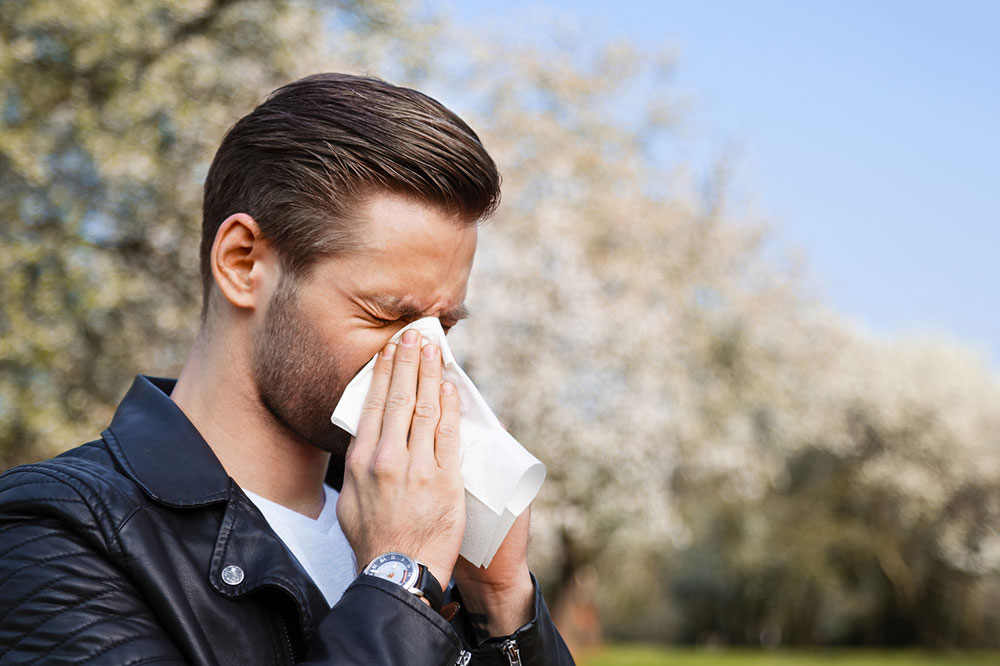Comprehensive Guide to Allergies: Causes, Symptoms, and Cutting-Edge Treatments
This comprehensive article explores the causes and symptoms of allergies, along with modern treatment options such as antihistamines, corticosteroids, and innovative immunotherapy methods. Discover how recent medical advances are transforming allergy management and enhancing patient outcomes for long-term relief and better quality of life.

An In-Depth Overview of Allergies: Causes, Signs, and Modern Therapeutic Strategies
Allergic reactions are a widespread health concern, affecting millions of people globally. These reactions occur when the immune system mistakenly identifies harmless substances—such as pollen, certain foods, or chemicals—as threats, prompting an overreaction that can have a variety of symptoms. Allergies can range from mild annoyances like sneezing and itchy eyes to severe, life-threatening conditions such as anaphylaxis. Understanding the underlying causes, recognizing the symptoms early, and being aware of the latest treatments are essential for managing allergies effectively and improving quality of life.
What causes allergies?
Allergies are triggered when the immune system reacts excessively to specific environmental substances, mistaking harmless particles for dangerous threats. Common triggers include pollen from trees, grasses, and weeds, industrial pollutants, chemicals found in household products, insect venom, certain foods, and medications.
Insect stings from bees, wasps, or other insects can provoke severe allergic responses, sometimes leading to anaphylaxis if not treated promptly.
Food allergies to items like peanuts, shellfish, or certain fish are particularly common and can cause reactions ranging from mild swelling to life-threatening breathing difficulties.
The immune response involves the release of histamine, which causes swelling, itching, fluid accumulation, and other allergy symptoms.
How are allergies treated today?
The primary treatment for allergies involves antihistamines, which block the effects of histamine to relieve symptoms such as sneezing, watery eyes, and nasal congestion. These medications are available in various forms, including tablets, nasal sprays, and eye drops.
While effective, antihistamines can cause side effects like drowsiness and dry mouth, particularly in older adults or individuals engaged in activities requiring alertness.
Second-generation antihistamines, such as loratadine or cetirizine, tend to cause fewer sedative effects, making them suitable for daily use.
Current medical options for allergy management
Corticosteroids are potent anti-inflammatory agents that can be administered topically, orally, or via injections. They are effective in reducing inflammation and allergic symptoms but are generally recommended for short-term use to minimize side effects.
For patients with persistent or severe allergies, immunosuppressive therapies may be considered under medical supervision.
Other options include decongestants, leukotriene receptor antagonists, and biological therapies that target specific pathways involved in allergic responses.
Advances and emerging strategies in allergy treatment
Prevention primarily involves identifying and avoiding known triggers, which requires diligent detection of allergens through testing and environmental management.
One of the most promising developments is allergen immunotherapy, consisting of regular allergen exposure through injections or sublingual tablets. This approach aims to desensitize the immune system over time, significantly reducing allergy symptoms and the reliance on symptomatic medications.
Sublingual immunotherapy (SLIT), offering daily at-home dosing, has gained popularity for its safety and convenience, especially for pollen allergies. It involves placing allergen extracts under the tongue, which stimulates immune tolerance.
Research continues into novel treatments such as biologic drugs that target specific immune components involved in allergy processes, potentially offering more tailored and effective options in the future.
In conclusion, understanding allergies, their causes, and available treatments plays a vital role in managing this complex condition. Advances in immunotherapy and targeted therapies are promising, providing hope for patients seeking long-term relief and improved quality of life. If you suspect you have allergies, consulting an allergist or healthcare professional is recommended for proper testing, diagnosis, and personalized treatment plans that suit your specific needs.





